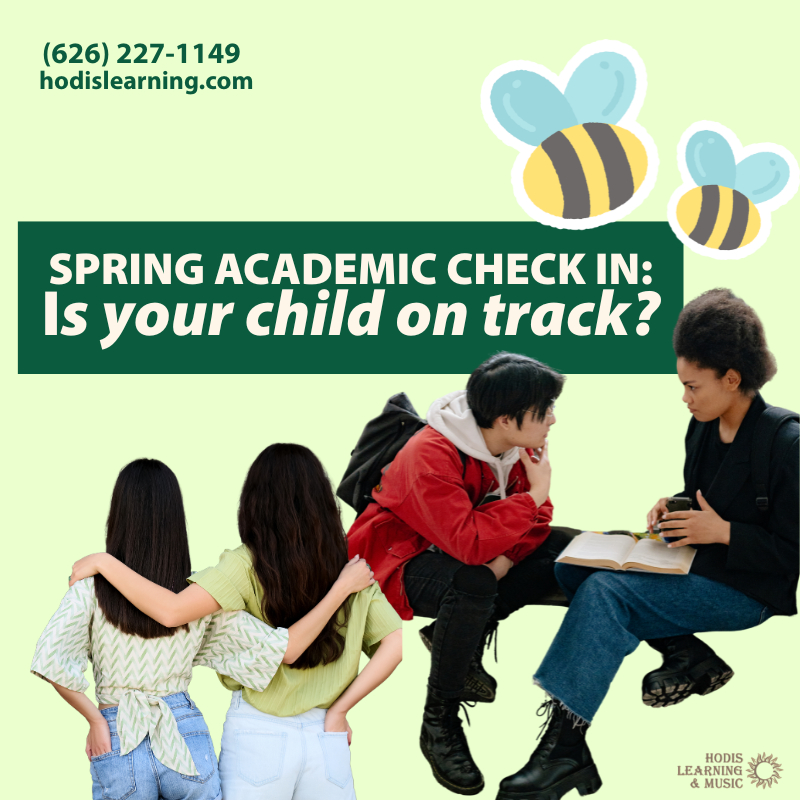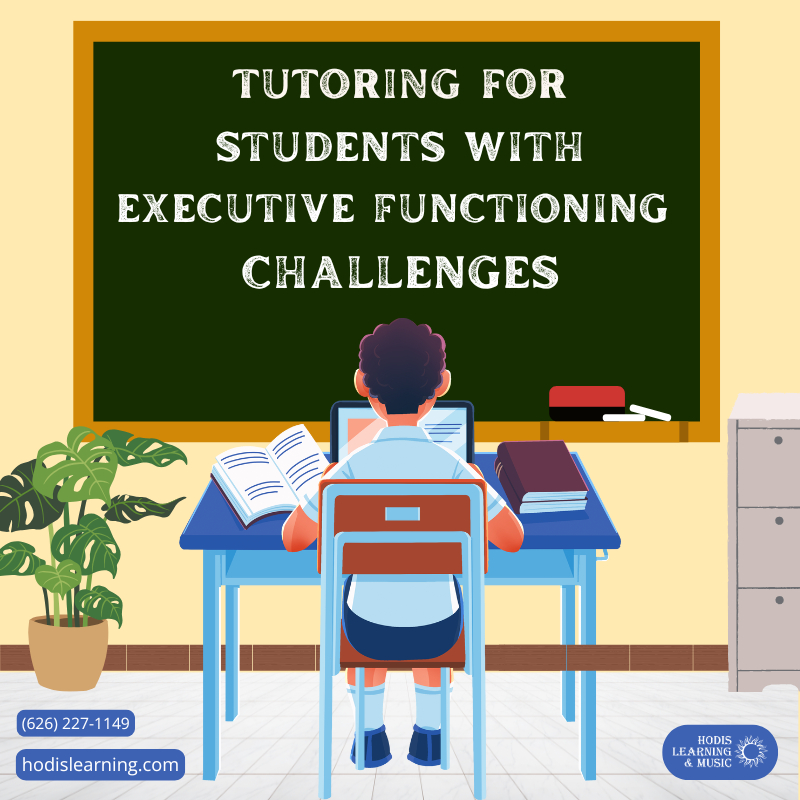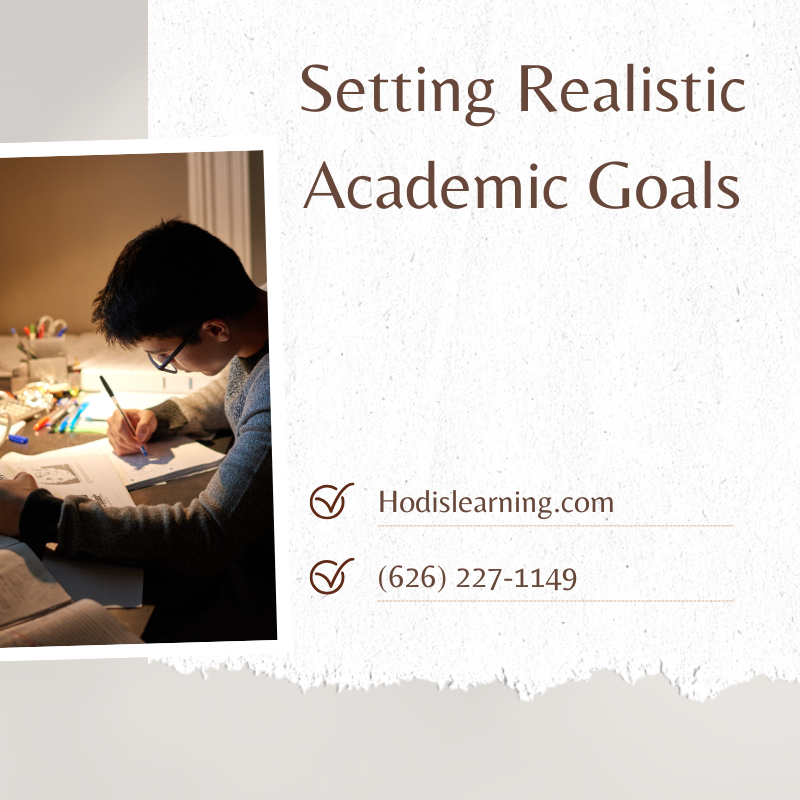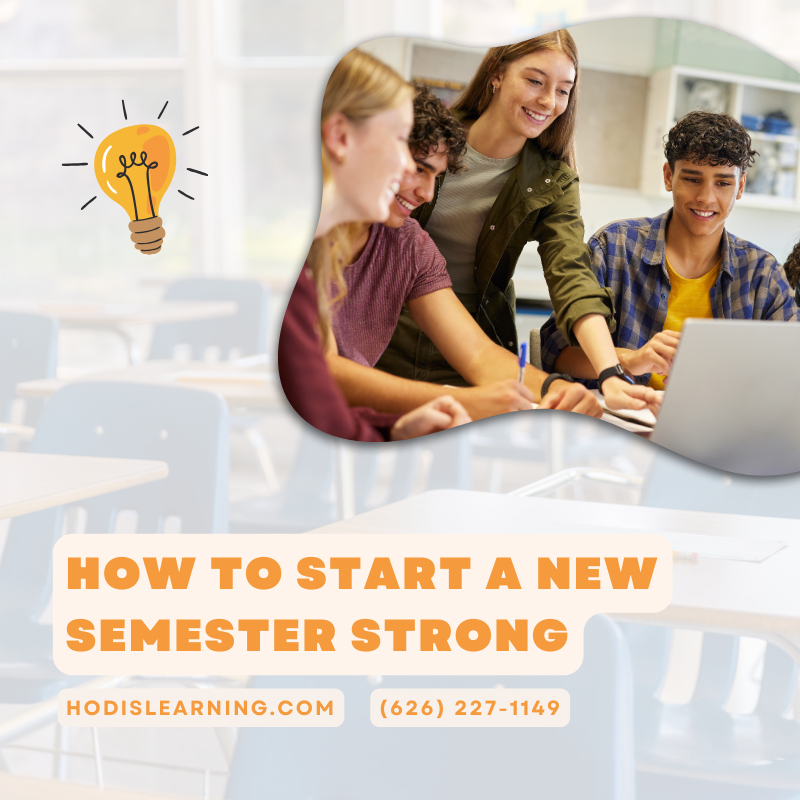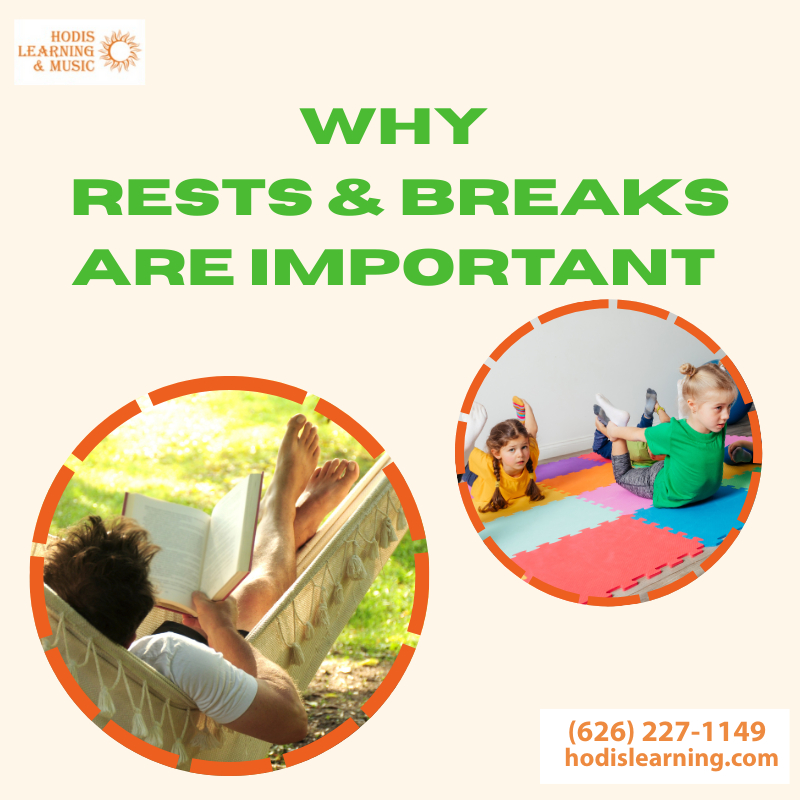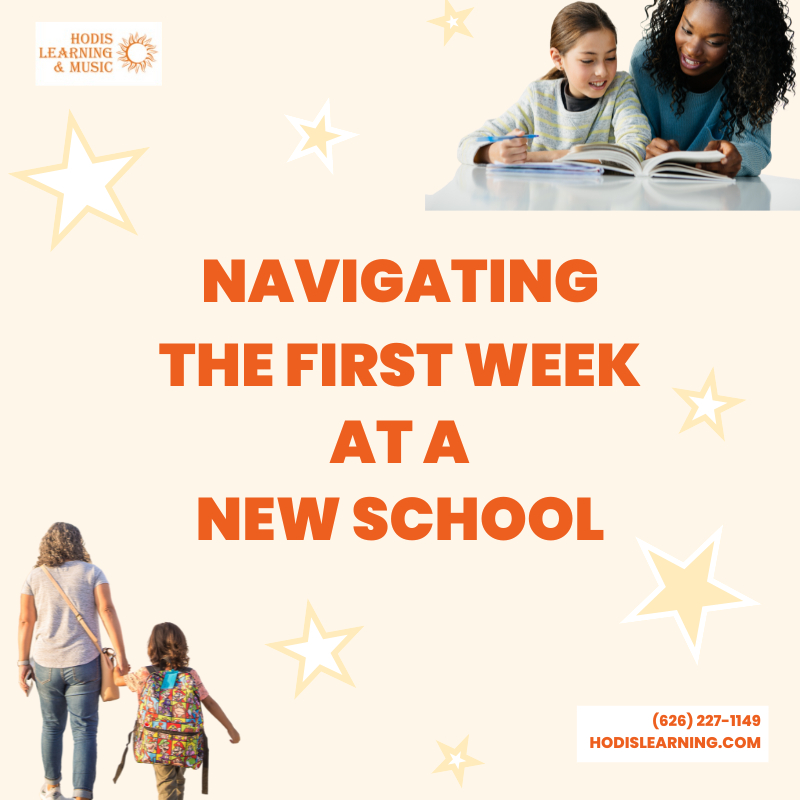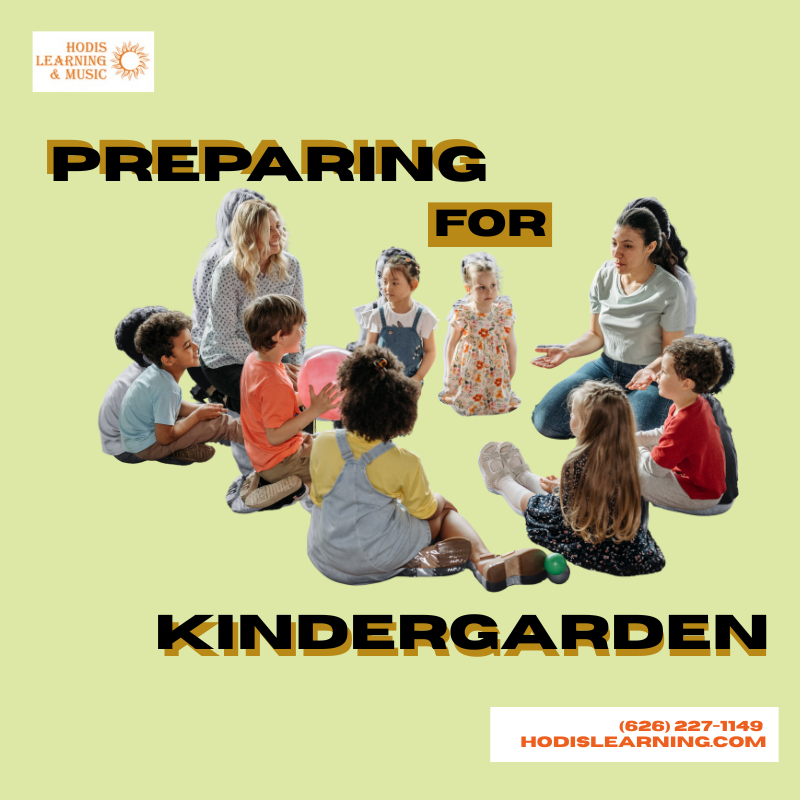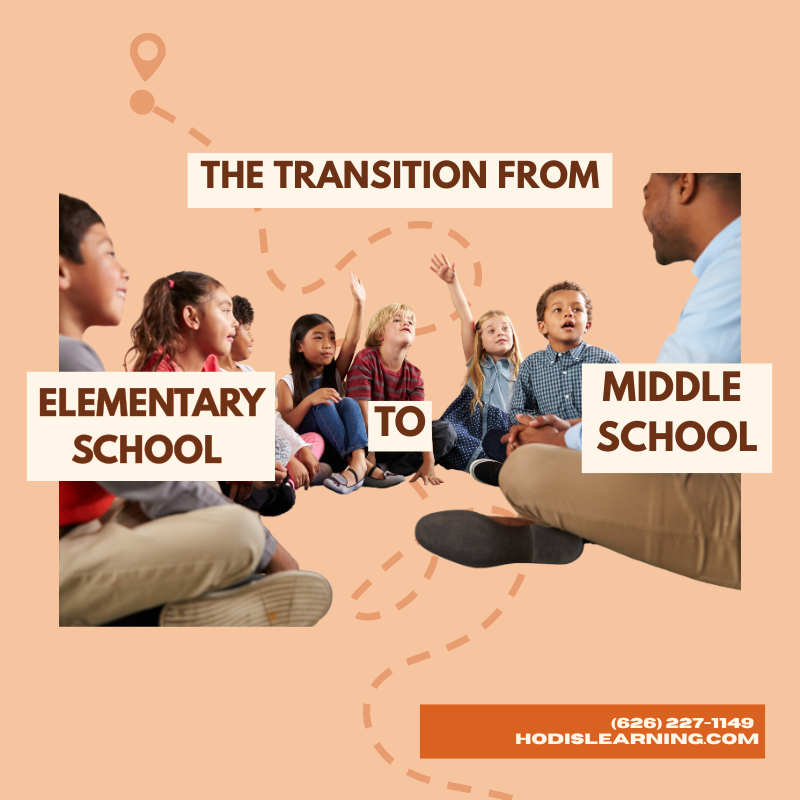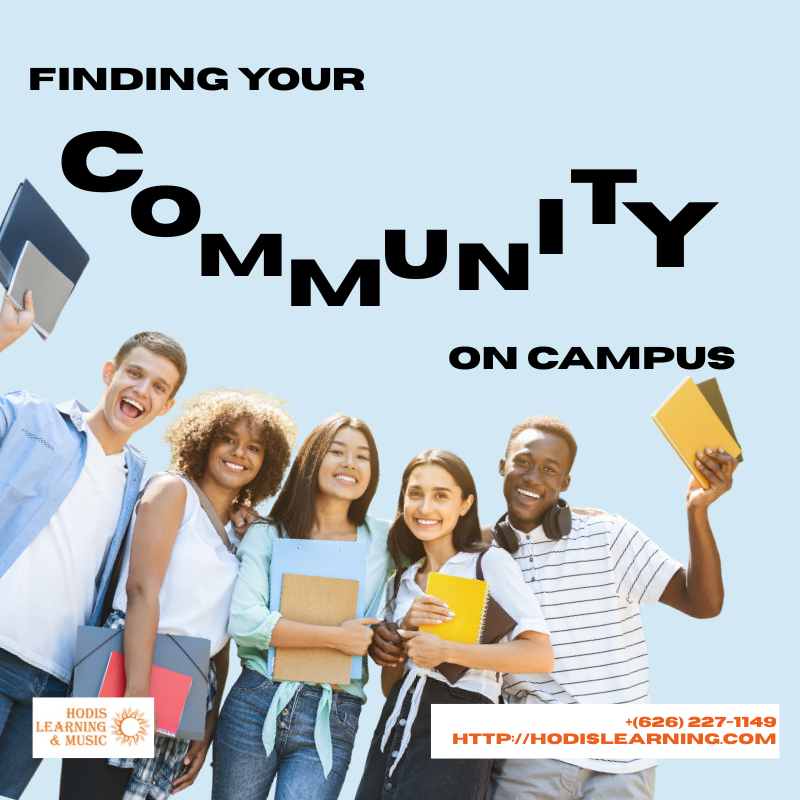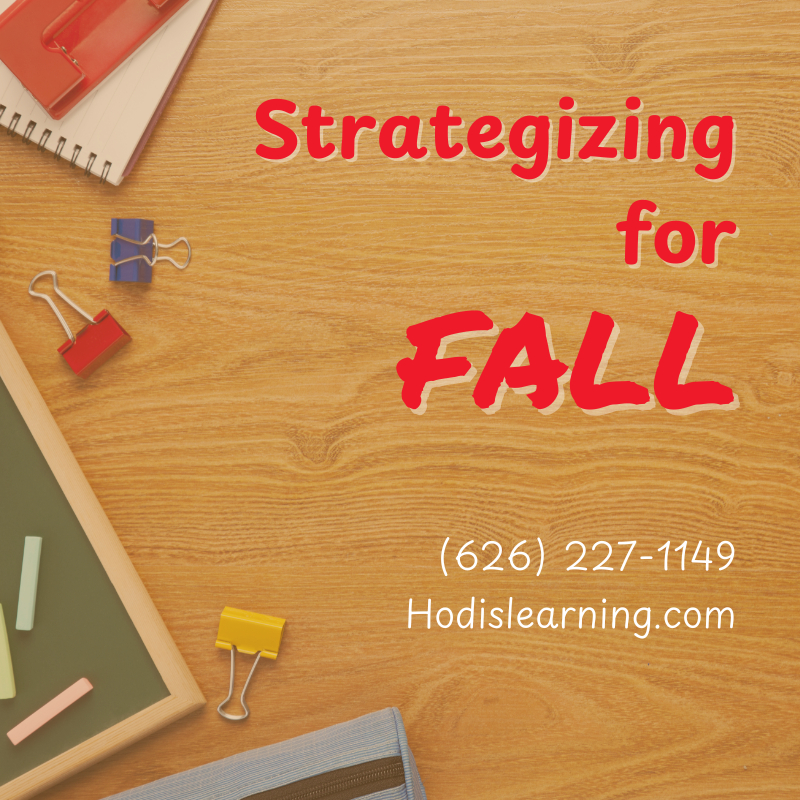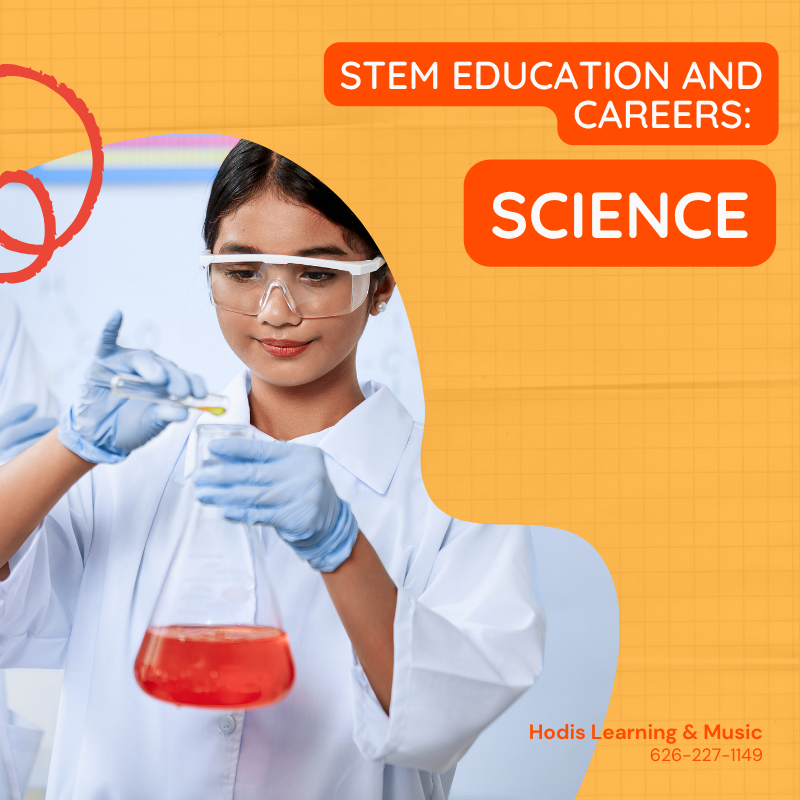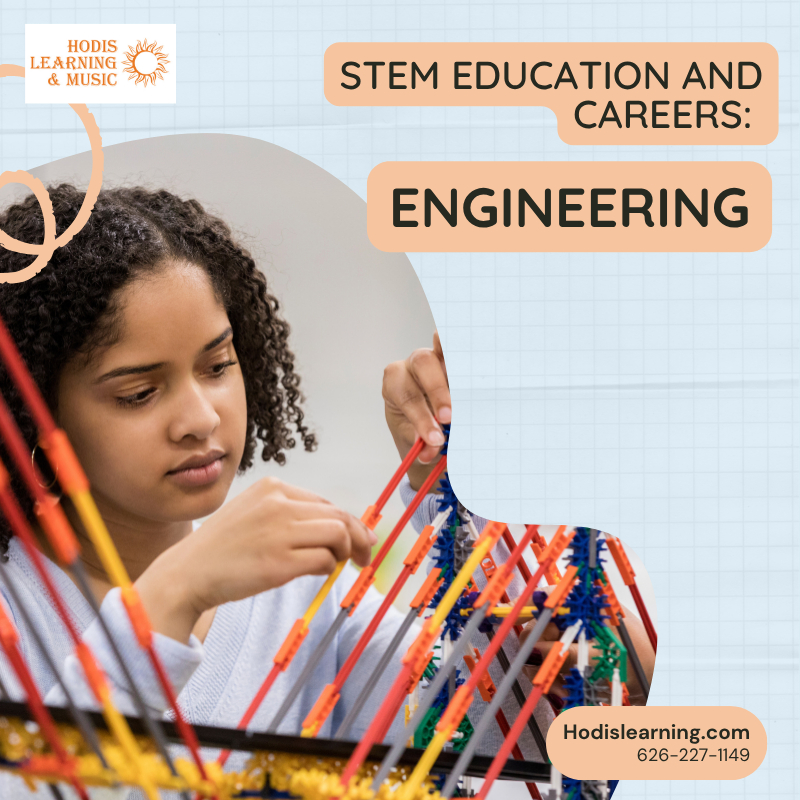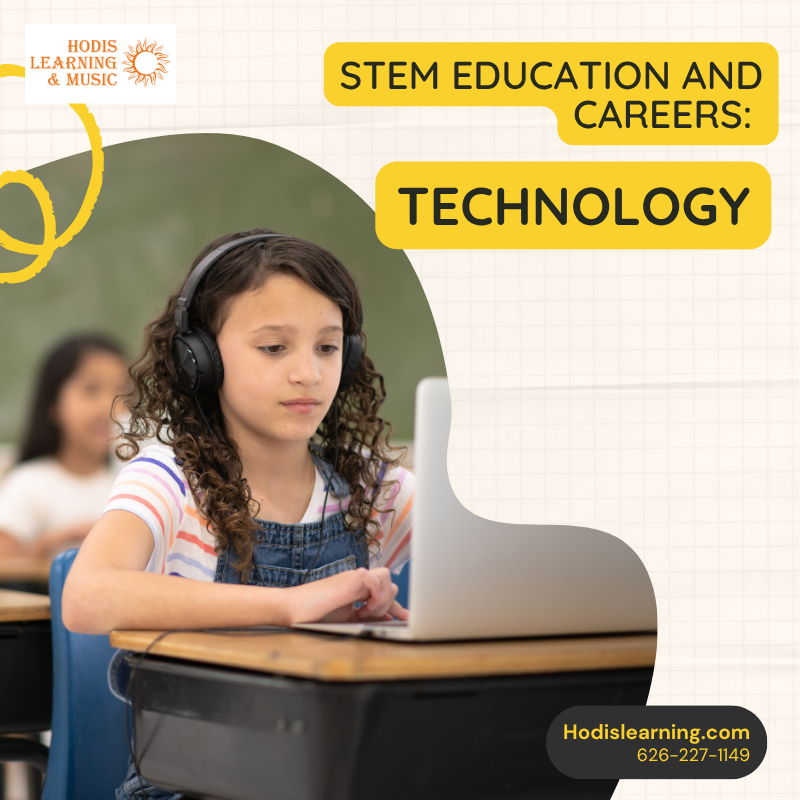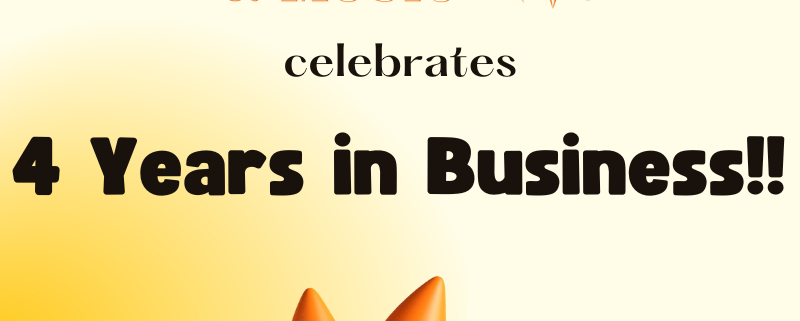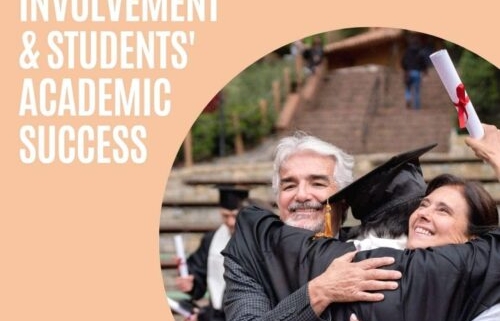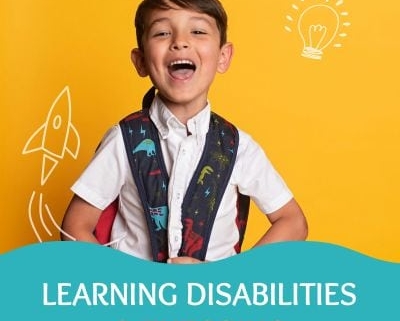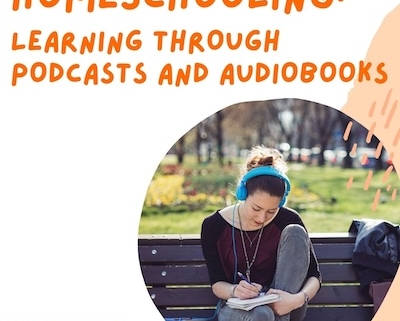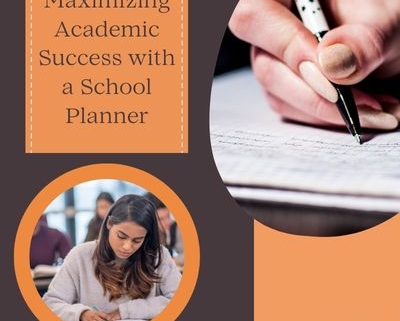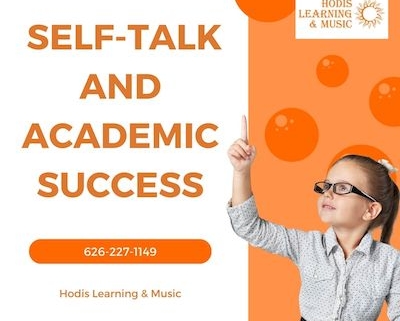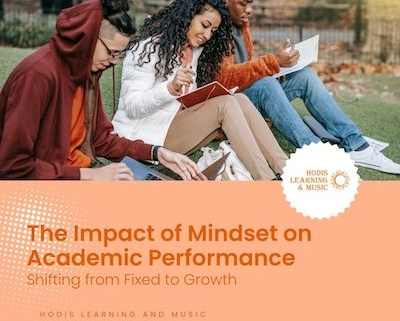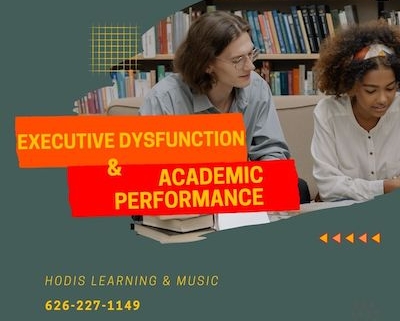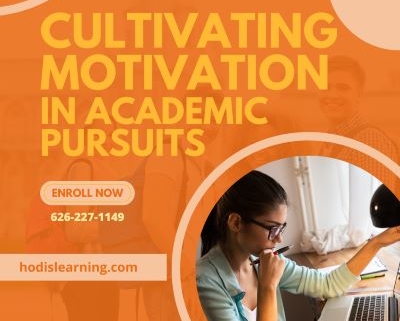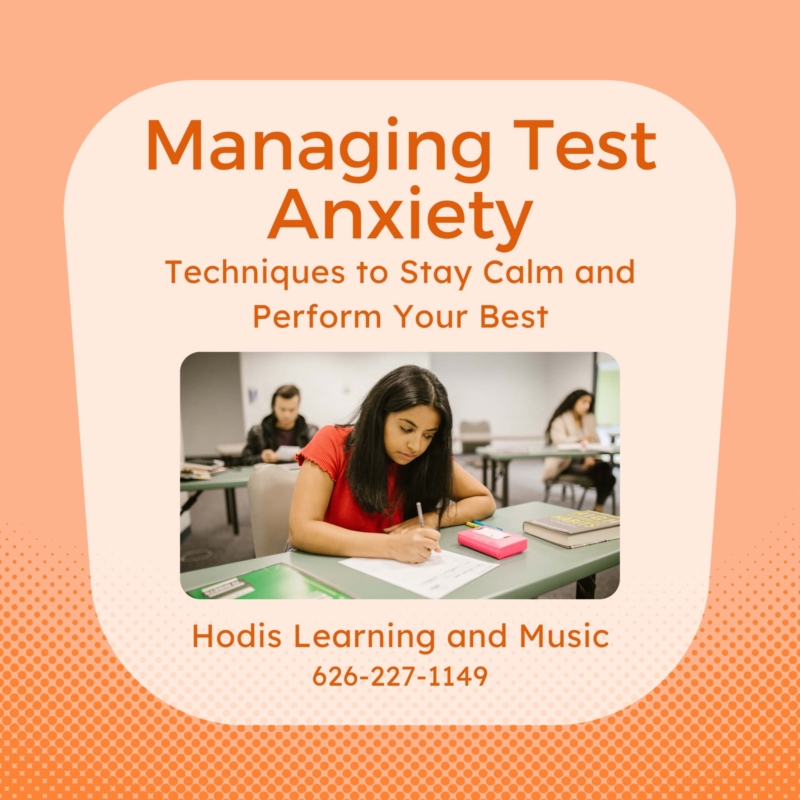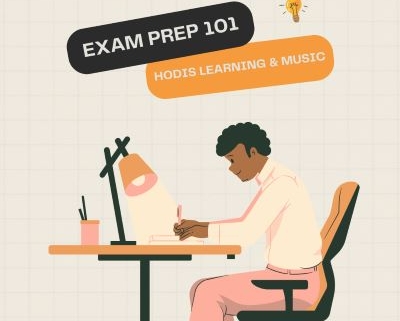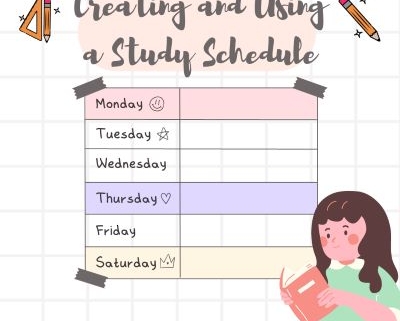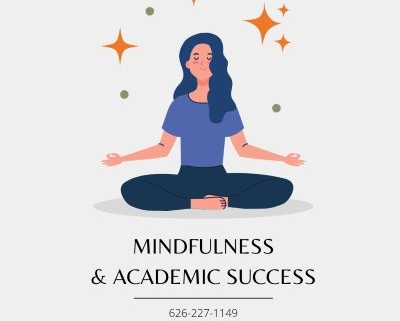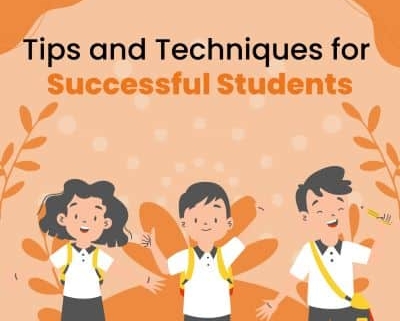At this point, the spring semester is well underway. Routines are established and teachers are moving deeper into grade-level material. With several months of school behind us, but still enough time left to make meaningful adjustments, spring is an ideal moment to pause and assess your child’s academic progress.
If you’ve been wondering, “Is my child where they should be academically?”, now is the time to find out.
Below are practical guidelines to help you determine whether your child is on track, and the steps to take if they’re not.
1. Start With the Numbers
Grades are an obvious starting point, but they only tell part of the story.
Ask yourself:
- Are grades consistent, improving, or slipping?
- Are there missing or late assignments?
- Have test scores dropped compared to earlier in the year?
- Is one subject noticeably weaker than the others?
A single low grade isn’t necessarily a red flag. But patterns might indicate a bigger issue. A gradual slide in math scores or consistently rushed writing assignments may signal gaps in understanding.
2. Look at Skill Mastery, Not Just Report Cards
Grades show performance while skills show readiness. Consider whether your child can confidently:
In Math
- Complete grade-level problems without heavy assistance
- Explain how they solved a problem
- Recall core facts (multiplication, fractions, formulas)
In Reading
- Read fluently and smoothly
- Summarize what they’ve read
- Understand vocabulary in context
In Writing
- Organize thoughts clearly
- Write structured paragraphs
- Use correct grammar and punctuation
3. Pay Attention to Homework Habits
Homework offers valuable clues about academic health.
- Does your child complete homework independently?
- How long does it take compared to what’s expected?
- Do they understand instructions without repeated clarification?
- Are assignments frequently forgotten?
A child who spends three hours on what should take one may be struggling quietly. On the other hand, rushing through work in 10 minutes could signal a lack of engagement or understanding.
4. Evaluate Organization and Executive Skills
Academic success isn’t just about content knowledge. Organization, time management, and planning matter just as much—especially in upper elementary, middle, and high school.
Check for:
- A planner or system to track assignments
- Backpack and binder organization
- Awareness of upcoming tests and projects
- Ability to break large assignments into steps
5. Check Confidence Levels
Confidence and performance are closely linked. When students feel capable, they engage more. When they feel defeated, they shut down. Spring is a great time to rebuild confidence before final exams.
Does your child:
- Avoid talking about school?
- Say “I’m just bad at math” or “I’m not smart”?
- Show anxiety before tests?
- Lose motivation?
6. Talk to Teachers
Teachers offer valuable insight into classroom performance. A quick email or conference can clarify whether concerns are minor or require action.
Consider asking:
- Is my child performing at grade level?
- Are there specific skills they should strengthen?
- How is participation and focus in class?
- Do you recommend extra support?
7. Think Ahead to Next Year
Small gaps now can grow over summer if left unaddressed. Catching them early makes a significant difference for the next year.
Ask yourself:
- Will my child be prepared for more advanced math?
- Are reading and writing skills strong enough for increased expectations?
- Are study habits solid enough for higher grade levels?
Signs Your Child Is On Track
- Steady or improving grades
- Independent homework completion
- Strong core skills
- Healthy confidence
- Organized materials and routines
What If They’re Not On Track?
The good news about checking in now is that there is still time to get help and make adjustments before final exams and the end of the year.
Tutoring can make a meaningful difference and allows students to focus on the specific skills they need, whether that’s mastering fractions, improving reading comprehension, or building study habits.
Rather than waiting and hoping things improve next year, a focused plan now can set your child up for success.
Ready for a Spring Reset?
If you’re unsure whether your child is on track, or you’ve identified areas that need support, we’re here to help! Our experienced tutors work with students to strengthen skills, boost confidence, and create a clear path forward before the school year ends.
To learn more about tutoring options or to get started, give us a call at (626) 227-1149 or submit a contact form. We’re happy to answer your questions and help you decide what support makes the most sense for your child.

